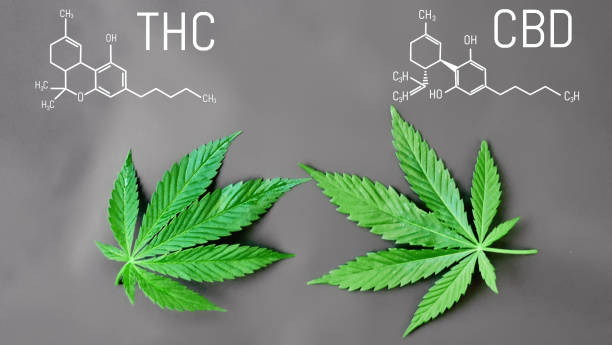
Federal legalization efforts and changes in policy
Posted by on 2024-07-05
In recent years, there has been a growing movement towards the federal legalization of various substances and changes in policy related to drug laws. This shift in perspective is largely driven by changing attitudes towards drug use, as well as mounting evidence that prohibition-based approaches have not been effective in curbing substance abuse.
One of the most notable areas where federal legalization efforts are gaining traction is with cannabis. In 1996, California became the first state to legalize medical marijuana, and since then, many other states have followed suit. As of now, recreational cannabis is legal in 15 states and Washington D.C., with more states expected to pass similar legislation in the near future.
These changes in policy reflect a growing recognition that criminalizing drug use does more harm than good. Prohibition has led to overcrowded prisons, disproportionately affecting minority communities, while failing to address the root causes of addiction. By legalizing and regulating drugs like cannabis, policymakers hope to reduce crime rates, generate tax revenue for public services, and provide safer products for consumers.
Furthermore, federal legalization efforts extend beyond just cannabis. There are ongoing discussions about decriminalizing psychedelics like psilocybin mushrooms and MDMA for therapeutic use. Research has shown promising results in treating mental health disorders such as PTSD and depression with these substances under controlled settings.
While there is still resistance from some lawmakers and conservative groups who fear the potential consequences of loosening drug laws, the tide seems to be turning towards a more progressive approach to substance regulation. It is becoming increasingly clear that punitive measures alone are not enough to address the complex issues surrounding drug use.
In conclusion, federal legalization efforts and changes in policy represent a significant shift in how society views drugs. Rather than relying on outdated approaches rooted in stigma and punishment, policymakers are beginning to embrace harm reduction strategies that prioritize public health and safety. As we move forward into this new era of drug policy reform, it will be crucial to continue evaluating the impact of these changes on individuals and communities alike.
One of the most notable areas where federal legalization efforts are gaining traction is with cannabis. In 1996, California became the first state to legalize medical marijuana, and since then, many other states have followed suit. As of now, recreational cannabis is legal in 15 states and Washington D.C., with more states expected to pass similar legislation in the near future.
These changes in policy reflect a growing recognition that criminalizing drug use does more harm than good. Prohibition has led to overcrowded prisons, disproportionately affecting minority communities, while failing to address the root causes of addiction. By legalizing and regulating drugs like cannabis, policymakers hope to reduce crime rates, generate tax revenue for public services, and provide safer products for consumers.
Furthermore, federal legalization efforts extend beyond just cannabis. There are ongoing discussions about decriminalizing psychedelics like psilocybin mushrooms and MDMA for therapeutic use. Research has shown promising results in treating mental health disorders such as PTSD and depression with these substances under controlled settings.
While there is still resistance from some lawmakers and conservative groups who fear the potential consequences of loosening drug laws, the tide seems to be turning towards a more progressive approach to substance regulation. It is becoming increasingly clear that punitive measures alone are not enough to address the complex issues surrounding drug use.
In conclusion, federal legalization efforts and changes in policy represent a significant shift in how society views drugs. Rather than relying on outdated approaches rooted in stigma and punishment, policymakers are beginning to embrace harm reduction strategies that prioritize public health and safety. As we move forward into this new era of drug policy reform, it will be crucial to continue evaluating the impact of these changes on individuals and communities alike.